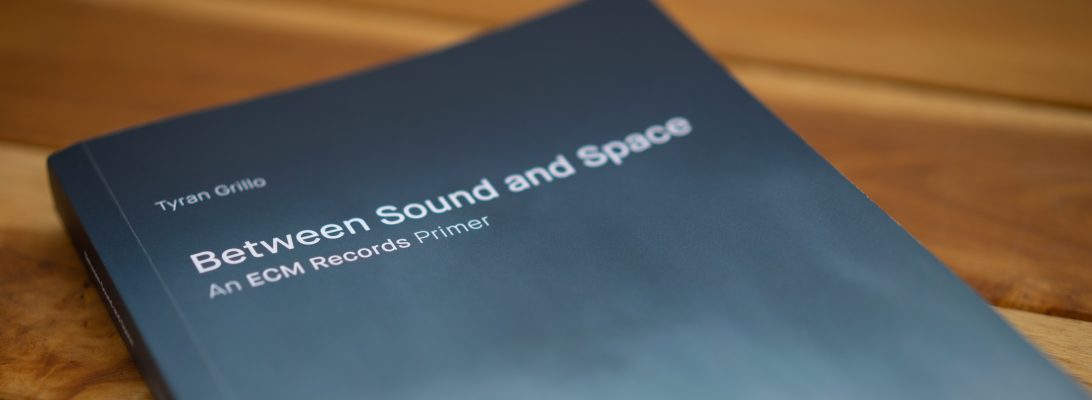Ulrich Lask
Lask 2: Sucht+Ordnung
Ulrich Lask alto and tenor saxophones, computer programming
Meinolf Bauschulte drums, electronic percussion
Maggie Nicols
Sigrid Meyer narration
Monika Linges narration
Recorded January 1984 at Tonstudio Bauer, Ludwigsburg
Engineer: Martin Wieland
Produced by Ulrich P. Lask and Meinolf Bauschulte
I must confess to having a soft spot for Mr. Ulrich P. Lask, whose brief flirtations with ECM have been forgotten under a pile of subsequent beauties. This whimsical little oddity continues where his initial outlier dropped off a flat earth. In such a post-apocalyptic Elliot Sharp-like sound-world, Lask and company can only retrace the urban nightmare that so haunted the waking life of its predecessor. Yet where Lask the first benefited from the boggling virtuosity of vocalist Maggie Nicols, Lask the second suffers from too little of it. What we get instead is a lighter, more capricious chain of German narration over spiky soundtracks. Morphological anxieties still run rampant, as in “Mamamerika,” and Lask’s reed work cuts intriguing enough chains of deformed handholding figures from the pessimistic shadows of “Erfolgreich Und Beliebt,” as it does in all the instrumentals, but only when Nicols rises from the primordial soup of “Ordnung” does the album hit its stride. Like some spastic, panting experiment, breath and electronics make for glowing concoctions from hereon out. The freestyle sparring of “None The Wiser” and gritting teeth of “Kleine Narkosen” are standouts, as are the vocal vampirism and deft arrangement of “Sigi Sigi.” And even as ghostly lips nip at our backs, after this puree of angst and ennui we finish with a taste of hope in “Sucht.”
Lask 2 is worth listening to at least once and is yet another example of a recording that breaks the mold into which ECM criticism is so often poured. Like the voice in “Freie Mädchen Arbeiten Im Hafen” that laughs at her own aplomb, this head-scratching detour on the label’s quest for silence spits in its own face, so that any insult you might throw its way will have to contend with a sheen of self-derision. Worth finding if your face prefers to wear a smile.
<< Chick Corea: Children’s Songs (ECM 1267)
>> Dave Holland Quintet: Jumpin’ In (ECM 1269)



